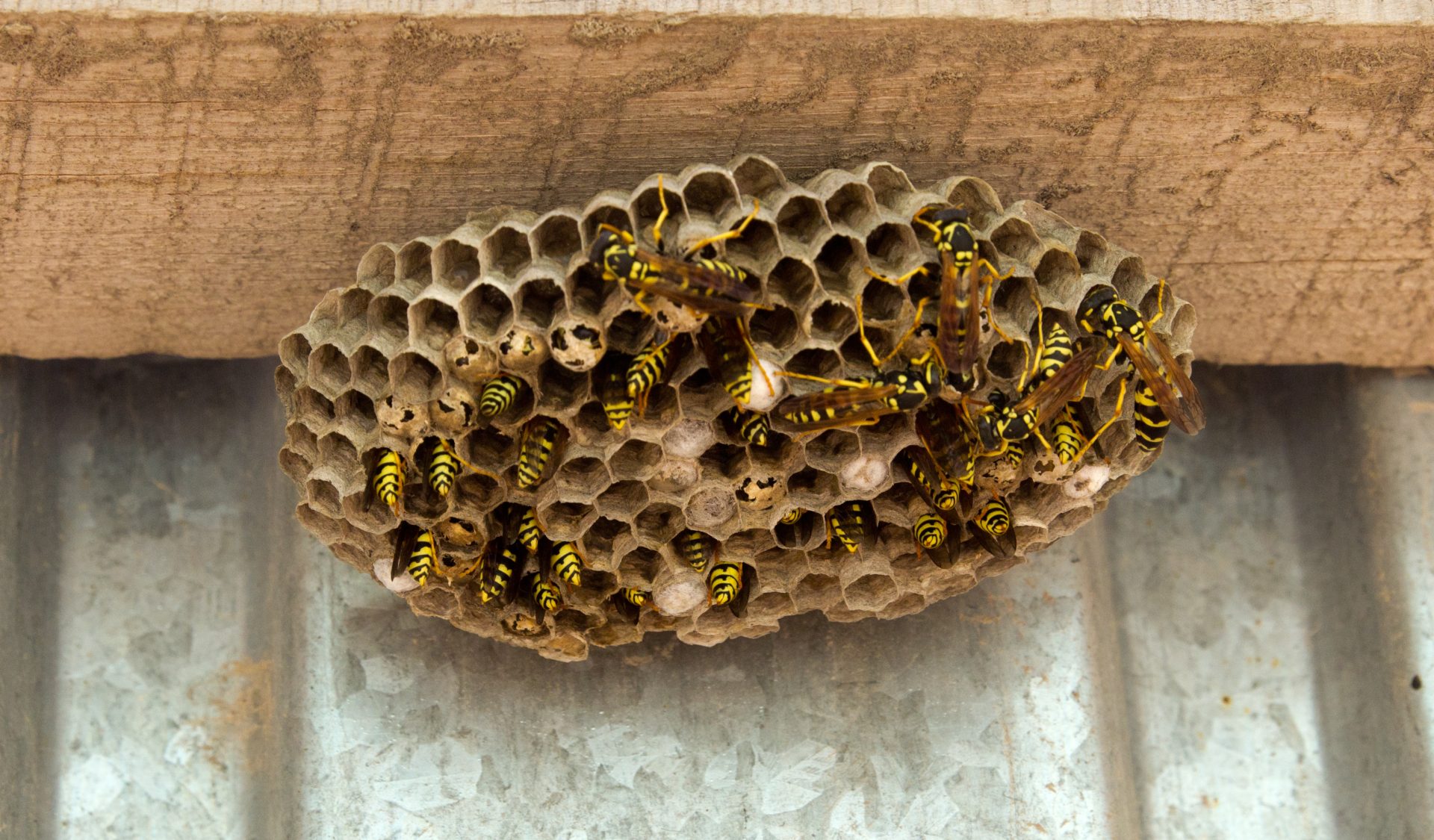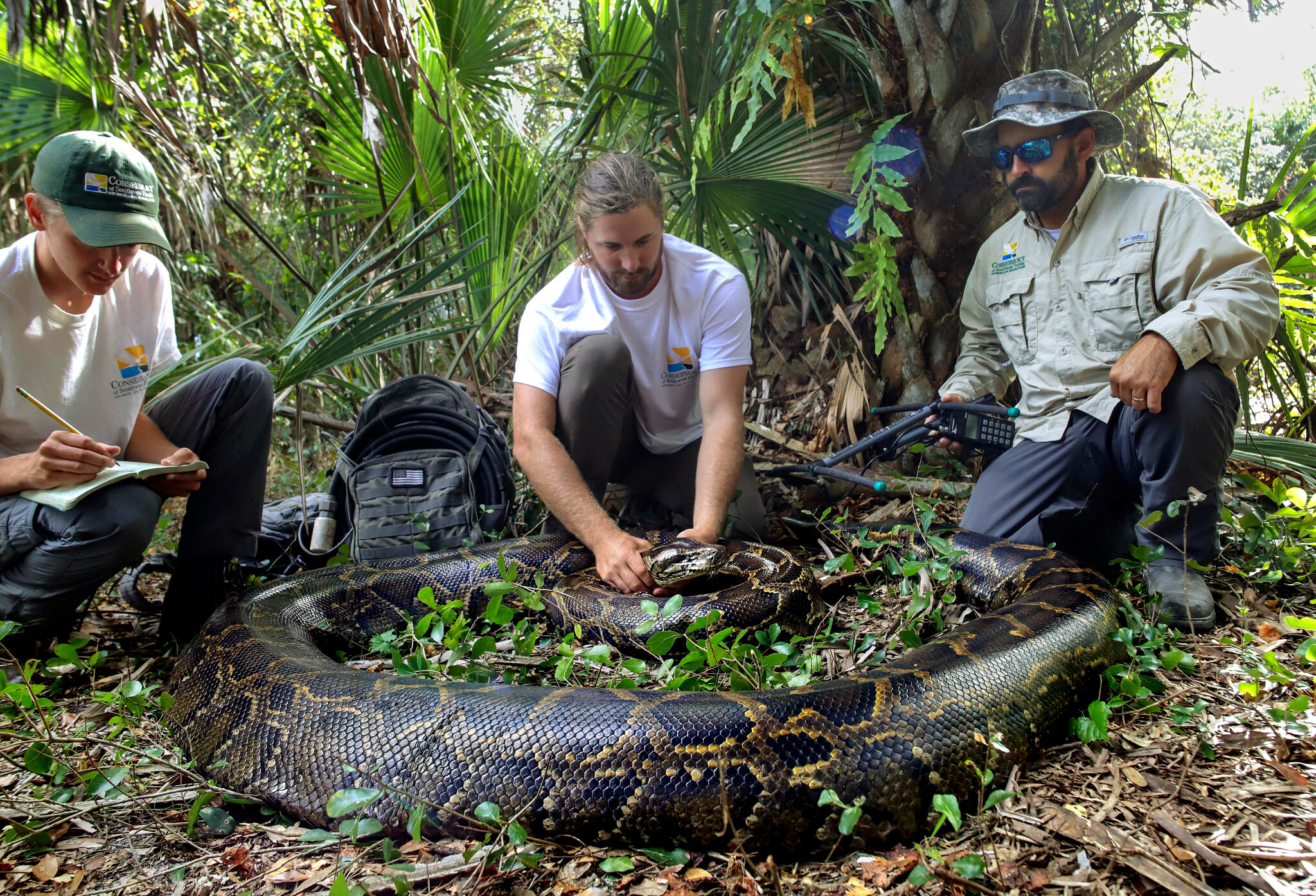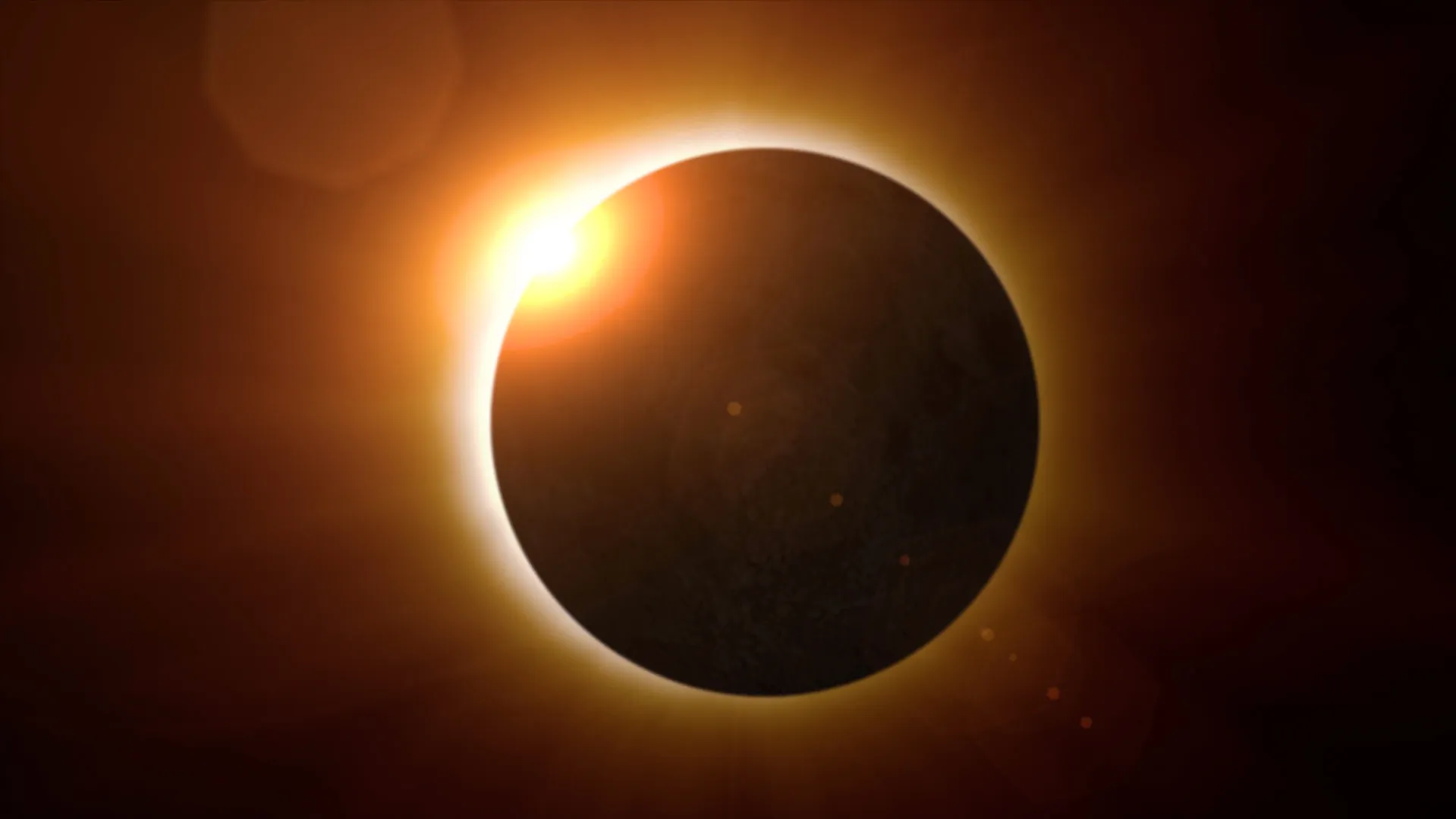Florida is a beautiful state known for its warm weather, stunning beaches, and diverse wildlife. Among the many creatures you might encounter in Florida, wasps are one of the most common. These insects can be both fascinating and intimidating, especially if you’re not familiar with them. In this guide, we’ll explore everything you need to know about wasps in Florida, from their behavior and types to how to manage and avoid them.
What Are Wasps?
Wasps are flying insects that are closely related to bees and ants. Unlike bees, which are usually gentle and focus on collecting nectar, wasps can be more aggressive. They have a slender body with a narrow waist and smooth skin, which makes them different from bees, who are hairy and have a more robust body. Wasps play an important role in nature by helping control the population of other insects, but they can also be a nuisance if they build their nests too close to human activity. Also read Understanding Wasps in Florida A Comprehensive Guide
Common Types of Wasps in Florida
Florida is home to several types of wasps. Here are a few that you might come across:
Yellowjackets
Yellowjackets are one of the most common wasps in Florida. They are recognizable by their yellow and black striped bodies. These wasps are known for being particularly aggressive and can sting multiple times if they feel threatened. They often build their nests underground or in wall cavities, which can make them difficult to spot.
Paper Wasps
Paper wasps are named for the paper-like material they use to build their nests. These nests are usually found hanging from eaves, branches, or other sheltered spots. Paper wasps have a more relaxed demeanor compared to yellowjackets, but they can still sting if provoked. Their nests are often open and look like an umbrella with hexagonal cells inside.
Hornets
Hornets are a type of large wasp that can also be found in Florida. They are similar to yellowjackets but are usually larger and more aggressive. Hornets build their nests in trees or shrubs and have a more rounded appearance. Their sting is painful and can cause allergic reactions in some people.
Why Wasps Are Important
Despite their reputation, wasps are important for the environment. They are natural predators of many insects, including pests that harm plants and crops. By controlling these populations, wasps help maintain a balance in the ecosystem. Additionally, some wasps are pollinators, which means they help plants reproduce by transferring pollen from one flower to another.
How to Identify a Wasp Nest
Identifying a wasp nest can help you avoid unwanted encounters. Here’s what to look for:
Location
Wasps often build their nests in hidden or high places. Look for nests under eaves, inside wall cavities, or in trees. Paper wasps usually build their nests in more exposed areas, while yellowjackets prefer more concealed locations.
Appearance
A wasp nest can vary in appearance depending on the species. Yellowjacket nests are usually round and made of a papery substance. Paper wasp nests have an open, umbrella-like structure. Hornet nests are often large and round, made of paper-like material, and can be quite impressive in size.
Activity
Observe the wasps’ activity around the nest. If you see many wasps flying in and out of a specific area, that’s a good indication of a nest. Be cautious and avoid getting too close, as disturbed wasps may become aggressive.
How to Prevent Wasps from Nesting Near Your Home
Preventing wasps from building nests near your home can help you avoid problems. Here are some tips:
Seal Entry Points
Wasps can enter your home through small gaps or cracks. Inspect your home’s exterior and seal any openings with caulk or other materials. This can prevent wasps from finding a place to build their nests inside your home.
Keep Food and Drinks Covered
Wasps are attracted to food and sugary drinks. When eating outside, keep food and drinks covered as much as possible. This reduces the chances of attracting wasps to your area.
Use Wasp Repellents
There are several natural repellents that can help keep wasps away. For example, peppermint oil is known to repel wasps. You can mix peppermint oil with water and spray it around areas where wasps are a problem.
What to Do if You Find a Wasp Nest
If you find a wasp nest, it’s important to handle the situation carefully to avoid stings. Here’s what you should do:
Avoid Disturbing the Nest
If you accidentally disturb a wasp nest, the wasps may become aggressive. It’s best to stay calm and slowly move away from the area. Do not swat at the wasps or make sudden movements.
Call a Professional
If the nest is large or located in a difficult-to-reach area, it’s best to call a pest control professional. They have the tools and expertise to safely remove the nest without putting you at risk.
Wear Protective Clothing
If you need to remove a wasp nest yourself, make sure to wear protective clothing, including a long-sleeved shirt, pants, gloves, and a hat. This will help reduce the chances of getting stung.
What to Do if You Get Stung by a Wasp
Getting stung by a wasp can be painful and sometimes cause allergic reactions. Here’s what you should do if you get stung:
Clean the Area
Immediately clean the sting site with soap and water to reduce the risk of infection. This will help remove any venom and reduce swelling.
Apply a Cold Compress
To reduce pain and swelling, apply a cold compress to the sting site. You can use a clean cloth with ice or a cold pack.
Take Over-the-Counter Medication
Over-the-counter medications like antihistamines can help reduce itching and swelling. Pain relievers such as ibuprofen or acetaminophen can also help with discomfort.
Watch for Allergic Reactions
In some cases, people may have an allergic reaction to a wasp sting. Symptoms of a severe allergic reaction include difficulty breathing, swelling of the face or throat, and dizziness. If you experience these symptoms, seek medical help immediately.
Conclusion
Wasps in Florida are a common part of the natural environment, and while they can be a nuisance, understanding them can help you manage and avoid problems. By knowing how to identify different types of wasps, prevent nests from forming, and handle stings, you can enjoy your time in Florida with a bit more peace of mind. Remember, wasps play a role in our ecosystem, so respecting their space and dealing with them safely is key to coexisting with these fascinating insects.





